Scaling Down: The Advantages of DAP Small Fertilizer Plants for Local Farmers
In the face of global agricultural challenges, local farmers are seeking ways to enhance productivity while minimizing costs. One innovative solution gaining traction is the establishment of DAP Small Fertilizer Plants. These compact production facilities focus on producing Diammonium Phosphate (DAP) fertilizers tailored to the specific needs of local agricultural communities. This article explores the advantages of DAP small fertilizer plants and their impact on local farming.
Understanding DAP Fertilizers
Diammonium phosphate (DAP) is a highly effective fertilizer known for its rich nutrient content, particularly phosphorus and nitrogen. These nutrients are crucial for plant growth, aiding in root development, flowering, and overall crop yield. However, the availability of DAP fertilizers can be a challenge for small farmers, especially those in remote or rural areas. This is where DAP small fertilizer plants come into play.
Benefits of DAP Small Fertilizer Plants
a. Local Production and Accessibility
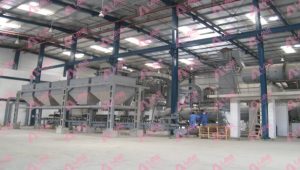
One of the most significant advantages of DAP small fertilizer plants is their ability to produce fertilizers locally. By establishing production facilities close to farming communities, farmers can access high-quality DAP fertilizers without the logistical challenges and costs associated with transporting fertilizers from larger, centralized plants.
Local production means that farmers can purchase fertilizers at lower prices, reducing their overall input costs. This accessibility also allows for timely application during critical growth stages, ensuring that crops receive the necessary nutrients when they need them most.
b. Tailored Fertilizer Blends
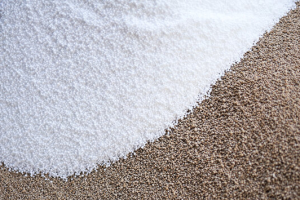
Every farm has unique soil and crop requirements. DAP small fertilizer plants can offer customized fertilizer blends tailored to local conditions and specific crop needs. By analyzing soil health and nutrient levels, these plants can produce DAP fertilizers with precise nutrient ratios that optimize plant growth and enhance yields.
This customization helps farmers address specific deficiencies in their soils, leading to improved crop performance. Local farmers can collaborate with plant operators to create blends that suit their unique agricultural practices, ensuring that they maximize their investment in fertilizers.
c. Supporting Sustainable Practices
Establishing DAP small fertilizer plants aligns with sustainable agricultural practices. By producing fertilizers locally, these plants can reduce the carbon footprint associated with transporting fertilizers over long distances. Additionally, many small plants are designed to use eco-friendly production methods, minimizing waste and emissions.
Furthermore, local production encourages the use of organic waste as a part of the fertilizer manufacturing process. This practice not only contributes to a circular economy but also enhances soil health by incorporating organic matter into the fertilizer blends.
Economic Advantages for Local Farmers
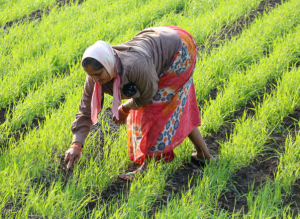
a. Job Creation and Economic Growth
The establishment of DAP small fertilizer plants in rural areas contributes to local economic growth by creating jobs. These plants require skilled and unskilled labor, providing employment opportunities for community members. This economic boost can have a ripple effect, stimulating local businesses and services.
Additionally, by reducing dependency on imported fertilizers, local farmers can retain more revenue within their communities. The money saved on transportation and fertilizer costs can be reinvested into the local economy, fostering further development.
b. Resilience Against Price Fluctuations
The agricultural sector is often vulnerable to fluctuations in fertilizer prices due to global market dynamics. By producing fertilizers locally, farmers can mitigate the impact of these fluctuations. DAP small fertilizer plants can help stabilize prices in the local market, providing a reliable supply of fertilizers at more predictable costs.
This price stability allows farmers to plan better for their agricultural investments and budgeting, ensuring that they can maintain productivity without facing sudden increases in input costs.
Technological Innovations in DAP Small Fertilizer Plants
Advancements in technology have made it possible to establish efficient and cost-effective DAP small fertilizer plants. Modern production lines are designed to optimize processes while minimizing energy consumption and waste.
a. Modular Design
Many small fertilizer plants utilize modular designs that allow for easy scalability. These plants can be expanded or modified to accommodate increasing production demands or changes in local agricultural needs. This flexibility makes it easier for farmers to adapt to shifting market conditions.
b. Automation and Precision Control
The incorporation of automation in small fertilizer plants improves efficiency and reduces labor costs. Automated systems can monitor production processes, ensuring that nutrient ratios are maintained consistently. This precision control leads to higher-quality fertilizers and reduced waste during production.
Conclusion
The establishment of DAP Small Fertilizer Plants represents a transformative opportunity for local farmers to enhance their productivity and sustainability. By producing fertilizers locally, these plants provide accessible, customized, and eco-friendly solutions that align with the unique needs of agricultural communities.
As the global demand for food continues to rise, investing in local fertilizer production becomes increasingly important. DAP small fertilizer plants not only support the economic resilience of rural areas but also contribute to a more sustainable and efficient agricultural system. By embracing this innovative approach, local farmers can unlock their full potential and achieve crop success.



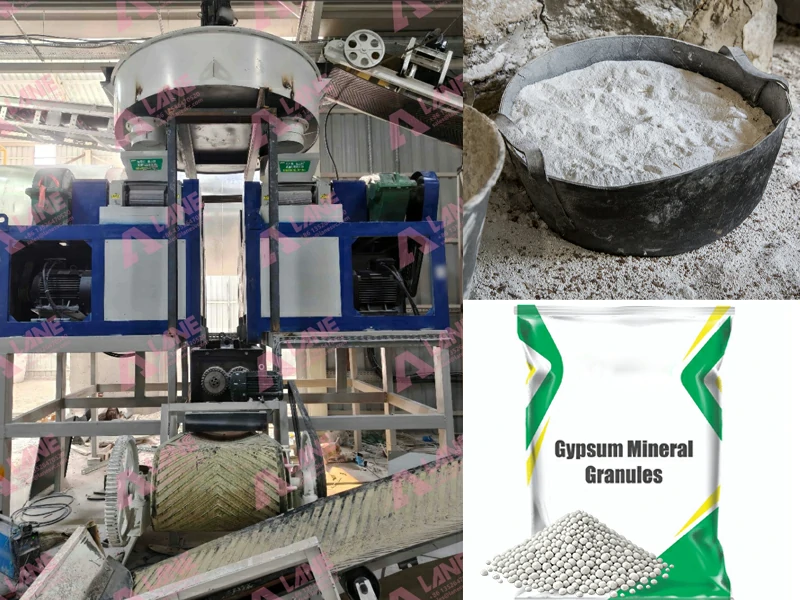
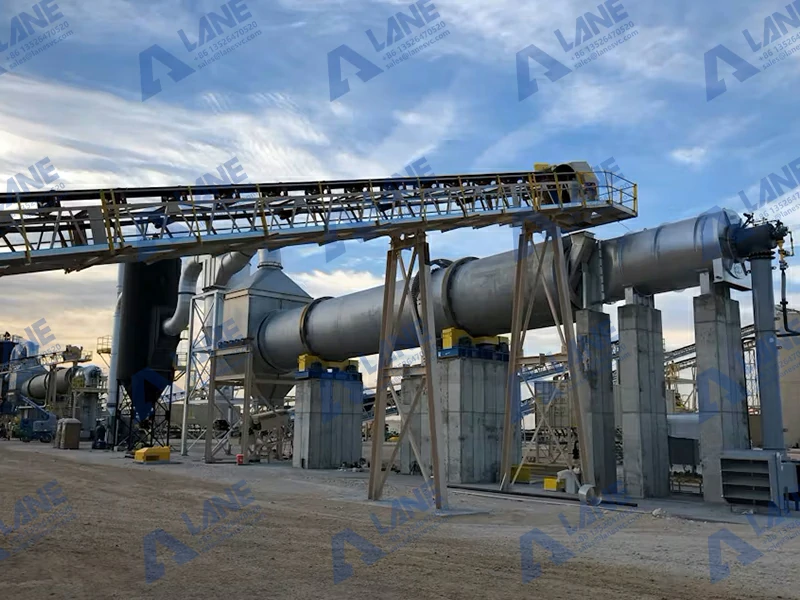

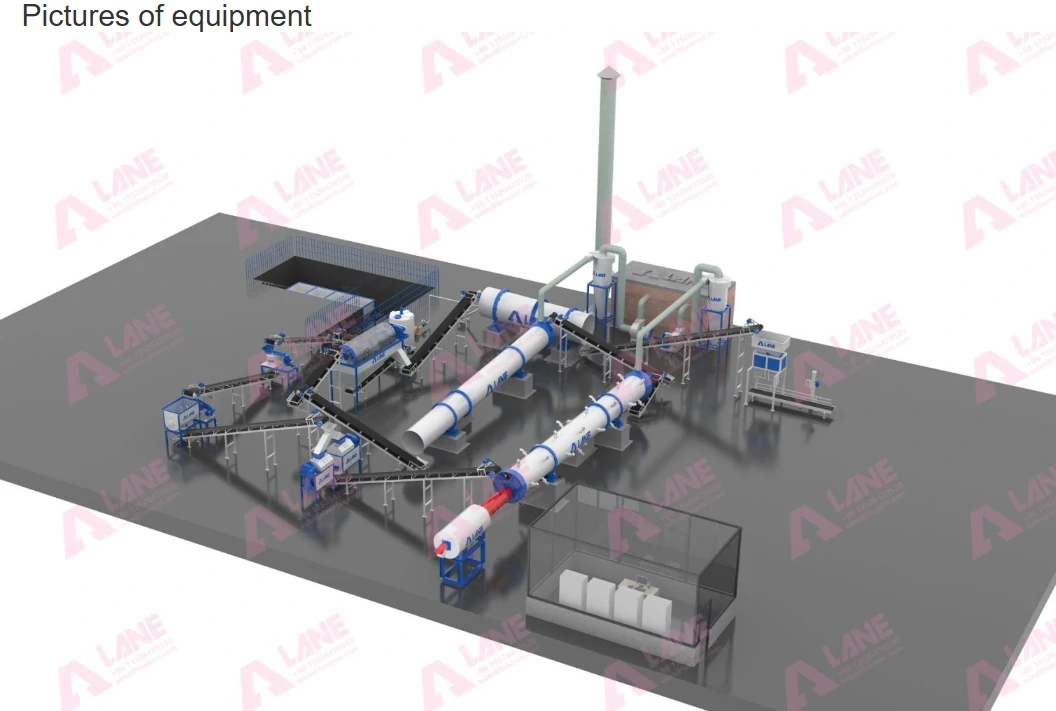
Send a message to us